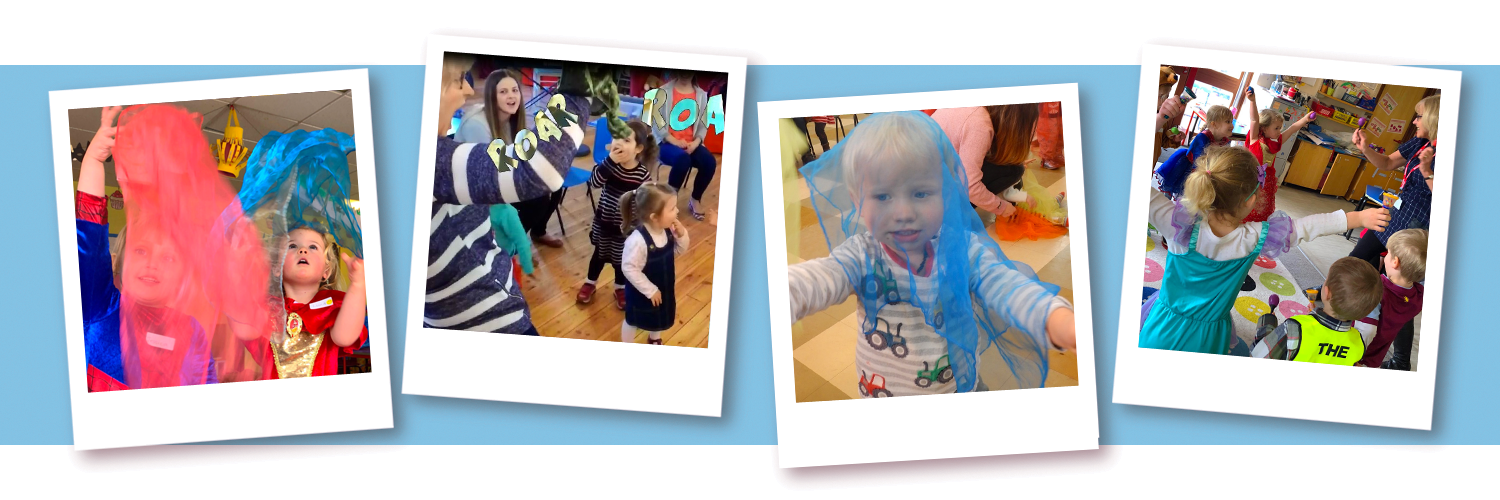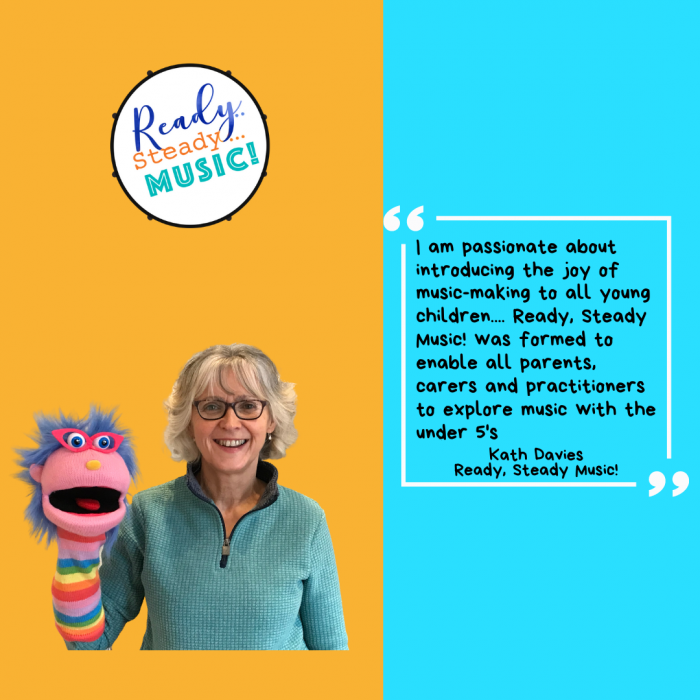
This blog has been written with the help of our industry expert Kath Davies. Kath is an early years music specialist and highly experienced music teacher with a demonstrated history of working in primary and preschool settings. She is also the founder of ‘READY, STEADY, MUSIC!’ A practical song-based resource for early years practitioners to create exciting educational musical experiences and help young children develop essential skills. She shares with us the importance of musical development in the early years and top tips for exploring music in an early years settings.
As we prepare to celebrate World Music Day (Fête de la Musique) on the 21st of June, it’s a great time to think about the impact of music, especially when exposed to it from an early age.
Why is music important in the early years?
Music is a language. The earlier we are introduced to it, the better we can use it to communicate. Ready, Steady, Music!’ has seen remarkable development in the children who take part; enabling ‘sitters on the edge’ to grow into ‘jumpers in’. Even giving those who cannot yet express themselves verbally a means of doing so through music.
One of the most obvious benefits of music is that it makes us happy! Children instantly become excited when they hear music. They start making gestures, dancing and expressing their delight for the sounds they hear and move along to the beat. Music in its self is a form of self-expression, created by artists. When children experience music it allows them to express and explore their emotions. The benefit of introducing music to children at an early age is that helps them to connect with their emotions, use their imagination and understand the world better.
Several studies have highlighted the cognitive benefits of listening to music. In addition, these studies noted that musical experiences in childhood can accelerate brain development. Further developmental benefits include improved motor skills, language development and social connection.
Trust the science
How strange it would be to have a nursery or playgroup without music. But there’s a little more to ‘The wheels on the bus’ than fun and games. The multisensory nature of music is like a complete workout for the brain. (Joe Wicks would definitely approve!) Anita Collins in her TEDx talk goes so far as to liken the effects of listening to music to ‘fireworks in the brain’.
So, active music making supports brain development in these ‘all important’ first five years of life. Therefore encouraging language development, physical coordination and creativity as well as making our learners feel great!
Top tips and activities for developing music making in early years settings
- Keep singing – the rhythm and rhyme of the words, the pitch, repetition, and sheer enjoyment all support language development and communication skills. At ‘Ready, Steady, Music’ we sing ‘Instruments away’ and the children race to the basket and return their sticks or shakers, even tidying up can become a game!
- Keep moving – check out our Dinosaur Song. We stomp and roar like a dinosaur as we develop our gross motor skills, discover our expressive voices, and begin to understand musical concepts.
- Keep exploring sounds – use your tuff tray to create a ‘musical play’ opportunity. Choose different sound makers to vary your learners’ experiences. Corrugated cardboard, filled containers, pots and pans, or a wooden spoon make great opportunities for developing rich language. The development of listening skills, fine motor skills and creativity goes without saying!
- Keep dancing – use coloured scarves to move expressively to recorded music, choosing different styles and moods from your playlist. Encourage large body movements, exploring making circles, zig zags, throwing and catching the scarves. Coordination, self-expression, and even early writing skills are developed through these activities.
- Keep connecting – music is a language that helps us to connect, cooperate and promotes our well-being. Circle times are a springboard for more musical exploration inside and outside of the setting. Why not compose new song words with your learners. Creativity, self-confidence, emotional well-being, and social skills are all developed through these musical adventures.

“music is a universal language which is open to all.”

‘World Music Day’ reminds us that music is a universal language which is open to all. Everyone, yes everyone has this built-in musicality. Active music making in early years settings encourages the complete development of the child and is a powerful key to open the door to the wonderful world of learning.



